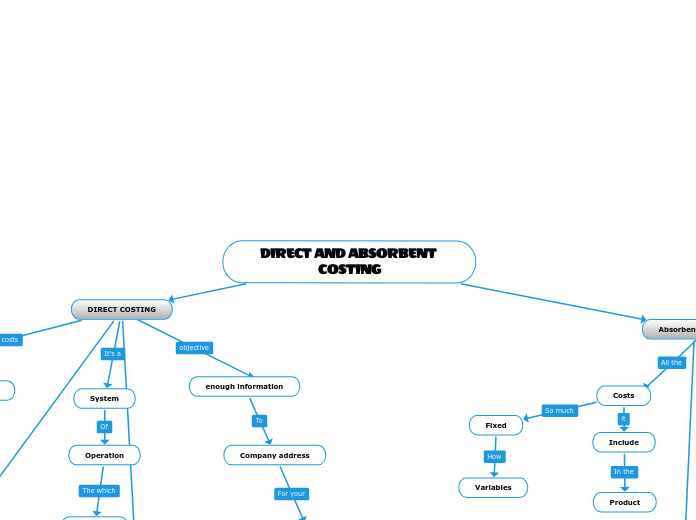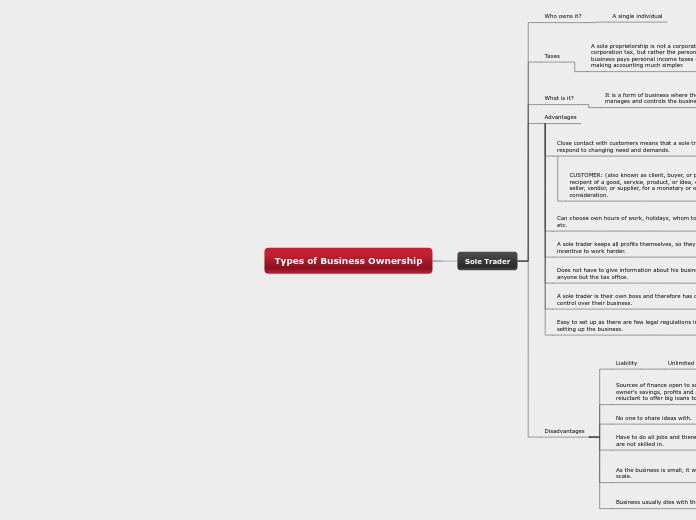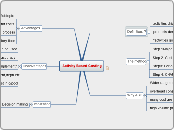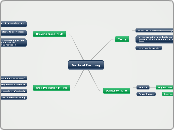Direction of
the company
Control
Sources
Supply
Budget
trustworthy
costs
accounting records
both costs
Establishment
optimal combination
Volume
Utility
Cost
balance point
complex
Fixation
Prices
Determine
Total cost
accounting principle
reflects the
fixed costs
Level of
production
finished
Certain
Universal
accepted system
Profesión contable
physical
Valuación
process and finished
Higher
direct costing
Disadvantages
principle of
accounting
Accounting period
does not reflect the
fixed costs
production level
determined period
generate
disorients
unit costs
Minors
inventories
lower
Tradicional información
Decisions
Incomplete costing
Statement of income
loss caused
Ability
not factory
used
Advantage
have
Better control
sources
utilities
Comparison
units
values
Various periods
Obtaining
Break-even point
Fluctuations
Unit cost
DIRECT AND ABSORBENT COSTING
Absorbent costing
Apply
Costing
valuation
Distribution
fixed costs
Variable costs
Manufacturing costs
Acknowledged
Method
Valuation
inventory
Purposes
External reports
Costs
Fixed
Variables
Include
Product
DIRECT COSTING
Production
Fixed costs
Constants
the capacity
Produce or sell an item
enough information
Company address
Process
planningstrategic
System
Operation
Evaluate
Sales cost
Variable manufacturing cost
Inventory
Variable Costs
assigned
Products









